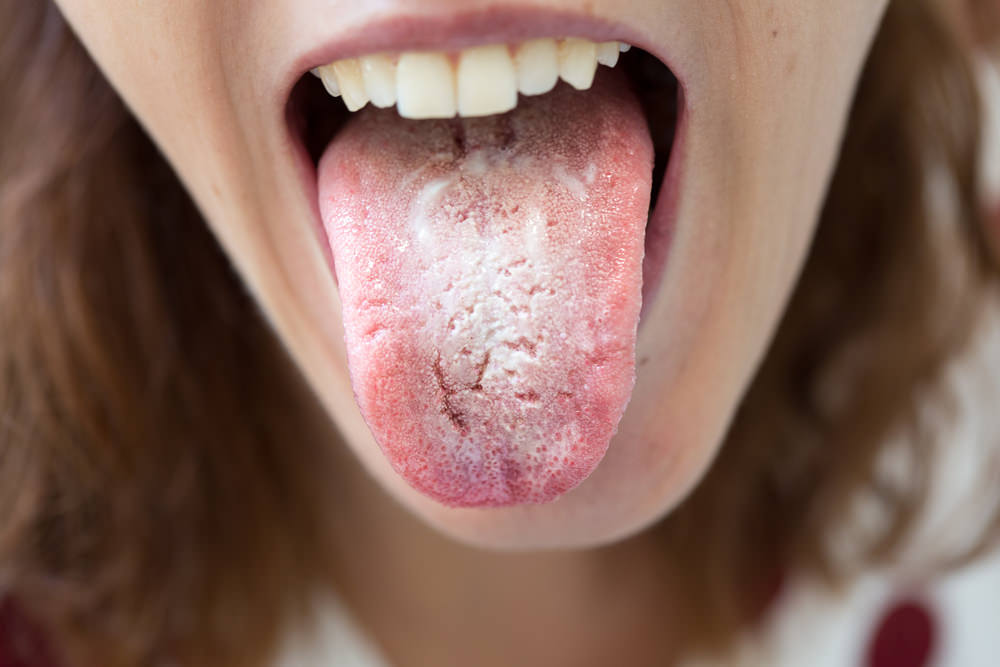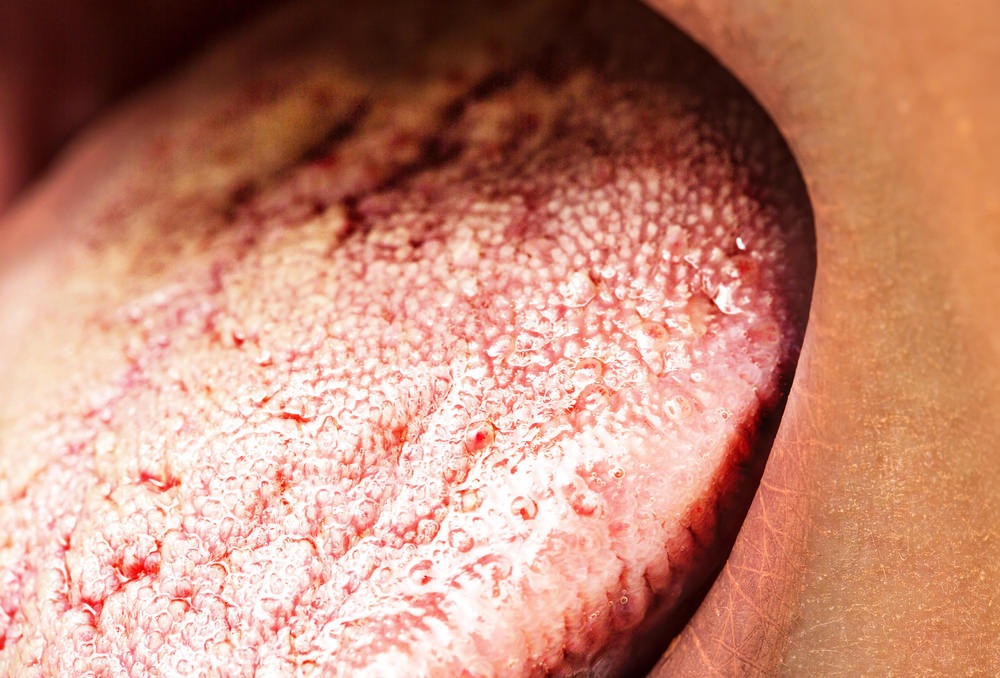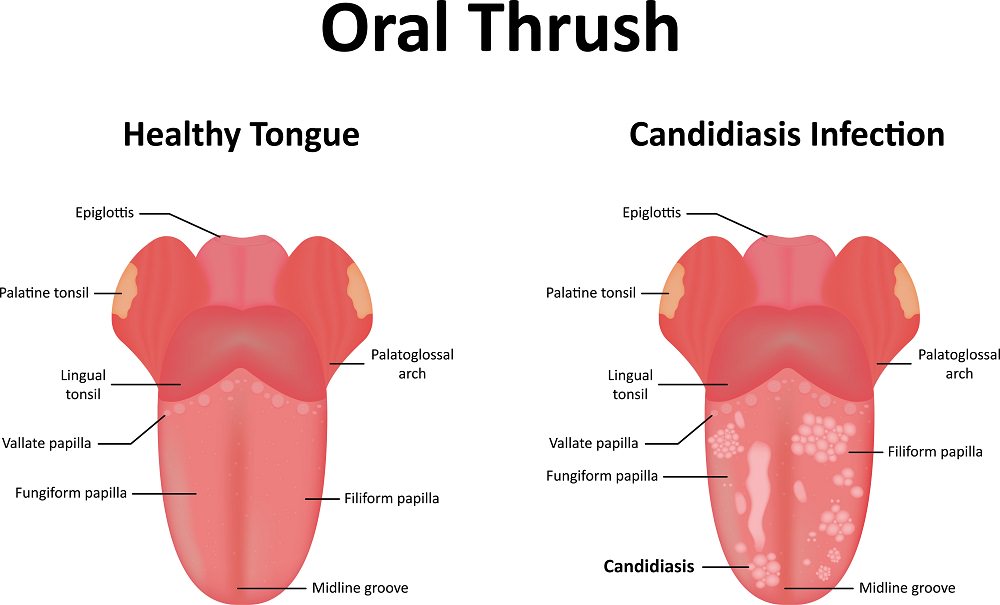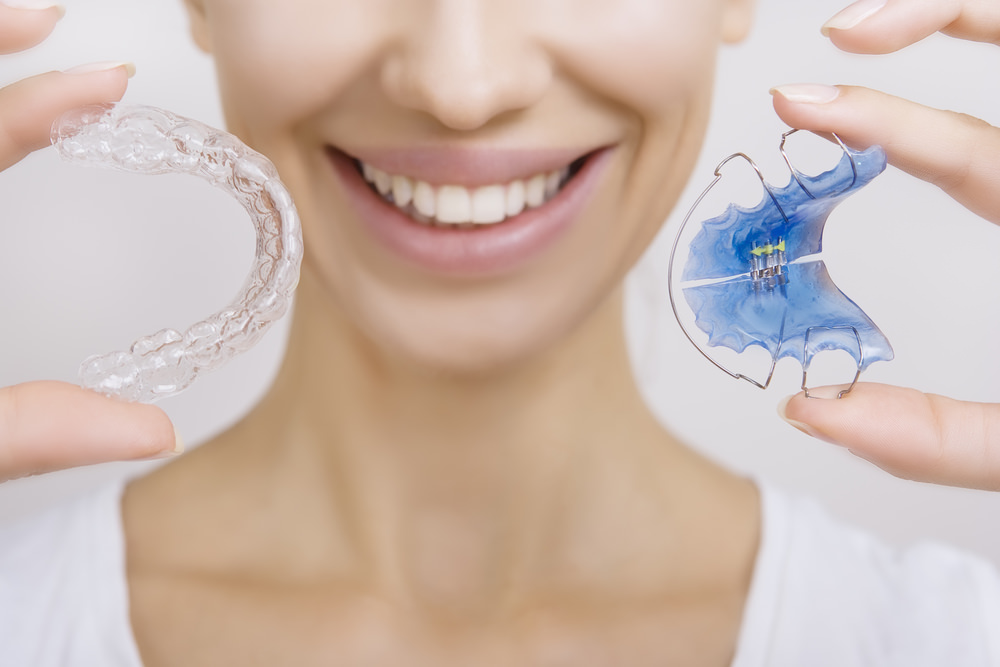Oral Candida – Symptoms and Treatments You Need to Know!
You may or may not have heard of a condition called oral candida – so, what is oral candida?
Oral candida is an infection where the fungus Candida albicans accumulate in the mouth.
Today I will let you know how to best treat oral candida.
I will cover whether there’s a difference between oral candida and oral thrush and discuss if there are levels of resistant oral candida that will not heal.
Finally, I’ll talk about whether you can pass oral candida on, and where you can get it from.
Without delay, let’s begin.
How Can You Best Treat Oral Candida?
People with a weakened immune system are more likely candidates for oral candida.
I will delve into this under the sub-heading “Where Did You Get Your Candida From?”.
It’s important to keep this in mind when treating oral candida.
If the condition is severe (see the range of symptoms in the next sub-heading), comes back after you have treated it once, or you have a weak immune system, I suggest speaking to your Doctor.
If these are not an issue, you can simply speak to your pharmacist, asking them to recommend your best option for treatment.
Some home remedies or lifestyle changes can also assist with getting rid of, and preventing the candida from coming back.
It’s important you keep a good oral hygiene routine.
Looking after your mouth includes:
- Brushing your teeth with fluoride toothpaste after each meal (this assists with reducing the bacteria in your mouth).
- Flossing daily, or as often as your dentist recommends.
- Using a soft tooth toothbrush to avoid scraping the bumps the candida has caused.
- If you wear dentures, being sure to clean them and your skin under them correctly. Be sure they fit properly and remove them at night. Ask your dentist for advice on this.
- Replace your toothbrush after finishing your first treatment for candida, to reduce your risk of reinfection.
- If using inhaled corticosteroids, thoroughly cleansing your mouth with water or brushing your teeth each time you inhale.
- Drinking a lot of water (except if you have a health condition which means that you cannot do so).
- Avoiding using mouthwash or mouth sprays, unless they have been prescribed by your Doctor.
- If you are a smoker, trying to quit or lessen the amount you smoke. Smoking can enhance the symptoms.
- See your Dentist for regular check-ups, particularly if you have diabetes or wear dentures.
- Limiting the amount of sugar in your diet, as sugar can encourage candida to grow.
- Ask your Doctor or Dentist about ways to avoid getting, or treating a dry mouth.
You can also try home remedies, such as rinsing your mouth with a mix of:
- Water and baking soda.
- Lemon juice and water.
- Water and apple cider vinegar.
It may also help to take a probiotic supplement.
Though, talk to your doctor before giving any supplements to a child.
Your doctor may prescribe you one or more antifungal medications, which will also relieve you from the infection.
Medications come in many different forms, including lozenges and mouthwashes.
They include:
- Fluconazole (Diflucan) – An oral antifungal medication.
- Clotrimazole (Mycelex Troche) – This antifungal medication comes as a lozenge.
- Nystatin (Nystop, Nyata) – This is an antifungal mouthwash. Mouthwashes are something you can swish or sponge in your baby’s mouth.
- Itraconazole (Sporanox) – A strong oral antifungal medication, this is prescribed to those who haven’t responded to other treatments and those with HIV.
- Amphotericin B (AmBisome, Fungizone) – Another strong medication, this is used only for treating severe cases.
Is There a Difference Between Oral Candida and Oral Thrush?
Simply put – no.
Oral candida is also sometimes called oral thrush.
As mentioned, oral candida, or thrush, whichever you prefer to call it, occurs when the “yeast” fungus Candida albicans begin to multiply on the lining of your mouth.
Candida is a natural organism that lives in your mouth.
But at times it can overpopulate the mouth, causing the chemical balance inside your mouth to alter, as the good bacteria will be abolished, and the bad yeast will flourish.
This will cause the symptoms of oral candida/thrush, which include:
- White, creamy lesions – These normally start on your tongue or inner cheeks, but can extend to the roof of your mouth, gums, tonsils, or back of your throat.
They look like cottage cheese, but if you wipe them off, you’ll be left with red, bloody areas.
- Pain and burning inside your mouth – A painful feeling throughout your mouth like it’s on fire.
- Bleeding in the mouth.
- An unpleasant taste.
- Inability to taste when eating and drinking.
- Inability to eat or drink properly.
- A dry mouth, like your mouth, feels as though it’s filled with cotton.
- A red mouth and throat.
- Cracked edges of your mouth.
You may only get some of these symptoms, as the condition ranges in its extremity.

A lady who has Oral Candida or commonly known as Thrush.
Are There Levels of Resistant Oral Candida Which Will Not Heal at All?
Most cases of oral candida are mild, and clear up within a few weeks after you use a mouth rinse or lozenge.
Very mild cases can clear up without any medical treatment at all.
Severe cases can take about 14 days of treatment with an oral antifungal medication that has been prescribed by a Doctor.
Some cases may last several weeks but in other cases, it can come back.
It is more likely to recur in adults who:
- Use inhaled corticosteroids to treat asthma.
- Take antibiotic medicines for an extensive length of time.
- Have false teeth.
- Have a weakened immune system.
Baby’s may have several cases of oral candida in before they turn one.
Children who put objects that have been contaminated with the thrush-causing yeast into their mouths are also likely candidates to have the oral candida revisit.
For adults who have reoccurring oral candida with no known cause, you can have your medical professional evaluate you for an underlying medical condition that may be contributing to the candida.
Complications are not likely to arise in people with healthy immune systems.
However, in severe cases or if the candida is left untreated and does not go away, it can spread to other parts of your body, such as:
- In infants
- A diaper rash, as the yeast causing the thrush, is in their stool.
- In adults the:
- Esophagus.
- Vagina.
- Skin.
- The fungus that causes the candida can enter your bloodstream and spread to your eyes, heart, brain, or other body parts.
Called invasive or systemic candidiasis, this can cause issues with these organs, and lead to septic shock, which is potentially life-threatening.
So, oral candida is a condition you should take very seriously.
Can You Pass on Oral Candida?
If you have oral candida, it is possible for you to pass the fungus that causes it onto someone else when kissing them.
That may lead to that person developing oral candida.
The fungus that causes oral candida also causes yeast infections in other parts of the body.
It is possible for you to pass this fungus from one part of your body to a different part of another person’s body.
Meaning, if you have oral candida, you can potentially pass the fungus onto your partner through oral sex.
Where Did Your Oral Candida Come From?
The fungus that causes oral candida, C. Albicans, is very common.
So, there are many ways that you can get oral candida.
It’s normal for a small amount of C. Albicans to live in your mouth and not hurt you.
But if your immune system is compromised or the balance of microorganisms in your body has been disrupted, then the good bacteria don’t always keep this fungus under control.
So, you can get an excessive growth of C. Albicans, causing oral candida, if you:
- Take certain medications, such as antibiotics, that have lessened the number of good microorganisms in your body.
- Have had treatment for cancer, such as chemotherapy or radiation therapy, which has damaged or depleted healthy cells.
- Have a condition that has weakened your immune systems, such as leukemia, organ transplantation, or HIV/AIDS. Uncontrolled diabetes can also weaken your immune system and create high blood sugar levels, leading to a favourable state for C. Albicans to spread.
- Have an unhealthy diet.
- Wear dentures (especially upper dentures, and those that are not correctly fitted).
- Have asthma, and so must inhale corticosteroids.
- Frequently get vaginal yeast infections, as these are caused by the same fungus.
- Have any conditions that cause a dry mouth.
If you have a baby you are breastfeeding, it is also possible for them to pass the fungus to you while they have oral thrush.
Conclusion
Oral candida, also known as oral thrush, can affect anyone.
Though it is more likely to occur in babies, the elderly, and those with suppressed immune systems or certain health conditions or who take certain medications.
Often a mild condition, especially if you’re healthy, if you have a weakened immune system, it can be more severe and difficult to control.
By Anthony Cade
Created at June 30, 2021, Updated at January 25, 2025






